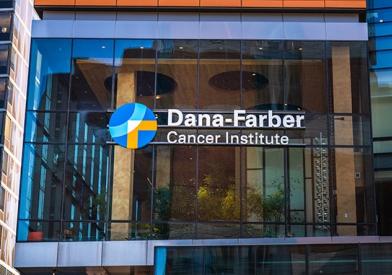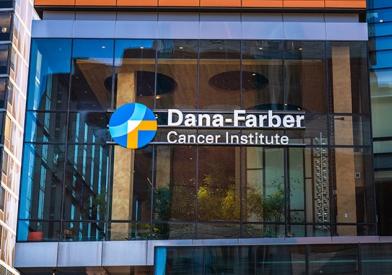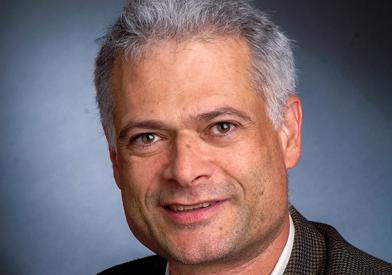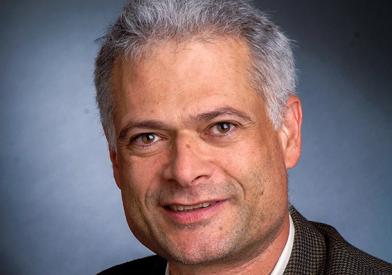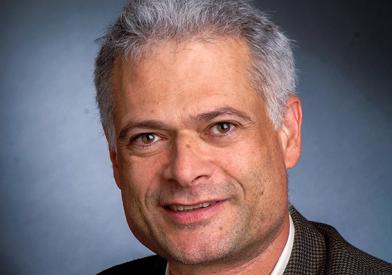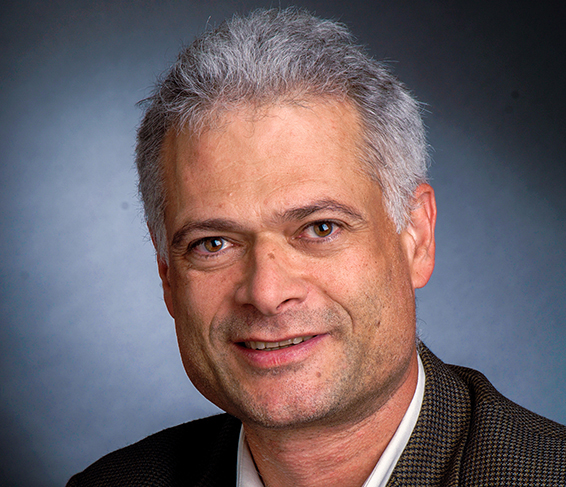
Alan D. D'Andrea, MD
Contact Information
Office Phone Number
Fax
On This Page
Biography
Alan D. D'Andrea, MD
Dr. D’Andrea received his Doctor of Medicine from Harvard Medical School in 1983. He completed his residency at the Children’s Hospital of Philadelphia, and a fellowship in pediatric hematology-oncology at Dana-Farber Cancer Institute and Boston Children’s Hospital. He also completed a research fellowship at the Whitehead Institute of Biomedical Research at Massachusetts Institute of Technology, where he cloned the receptor for erythropoietin, the major hormone for blood production. Dr. D’Andrea joined the Dana-Farber faculty in 1990. He is currently the Fuller-American Cancer Society Professor of Radiation Oncology at Harvard Medical School, the Director of the Center for DNA Damage and Repair, and the Director of the Susan F. Smith Center for Women’s Cancers at Dana-Farber Cancer Institute.
Dr. D’Andrea is internationally known for his research in the area of DNA damage and DNA repair. His laboratory also investigates the pathogenesis of Fanconi Anemia, a human genetic disease characterized by a DNA repair defect, bone marrow failure, and cancer predisposition.
A recipient of numerous academic awards, Dr. D’Andrea is a former Stohlman Scholar of the Leukemia and Lymphoma Society, a Distinguished Clinical Investigator of the Doris Duke Charitable Trust, a recipient of the E. Mead Johnson Award from the Society for Pediatric Research, a recipient of the G.H.A. Clowes Memorial Award from the American Association for Cancer Research, a Fellow of the American Association for the Advancement of Science, a member of the American Association for Cancer Research Academy, the National Academy of Medicine, and the National Academy of Sciences.
Researcher
Physician
Clinical Interests
Cancer susceptibility, Fanconi anemia, Gene therapy, Genetic risk
Board Certification
- Pediatrics
Fellowship
- Boston Children's Hospital/Dana-Farber Cancer Institute
Residency
- Children's Hospital of Philadelphia
Medical School
- Harvard Medical School
Recent Awards
- Award of Merit, Fanconi Anemia Scientific Symposium 2002
- E. Mead Johnson Award for Research in Pediatrics, Society for Pediatric Research 2001
- Excellence in Research Award, American Academy of Pediatrics 1997
- Member, National Academy of Medicine (NAM), 2017
- Fellow, American Association for Cancer Research Academy, 2020
- Member, National Academy of Sciences (NAS), 2021
Locations

Dana-Farber Cancer Institute
450 Brookline Avenue HIM 243 Boston, MA 02215Dana-Farber Cancer Institute



